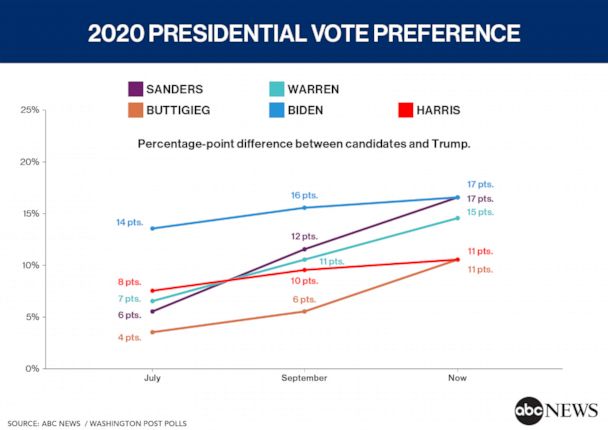 Wisconsin is a small state, yet an important one – in these recent years she has played a significant role in the political life of the country. As one would not wish to live other than in Whitewater, so one could not wish for more valuable ground on which to fight the political conflict of our era than in Wisconsin.
Wisconsin is a small state, yet an important one – in these recent years she has played a significant role in the political life of the country. As one would not wish to live other than in Whitewater, so one could not wish for more valuable ground on which to fight the political conflict of our era than in Wisconsin.
Others in America see this, too, as Karen Heller writes in All eyes are on Wisconsin, the state that’s gearing up to define the presidential election.
This is the political conflict of our time: whether Trumpism will establish a herrenvolk on this continent, stretching from one ocean to another, under a bigoted autocracy that takes for itself while heeding only foreign dictators at the expense of our own people.
Three years ago, this deplorable movement approached power through an electoral college majority despite a three-million vote popular loss. This faction, since assuming power, has inflicted countless injuries, abuses, and lies on the people of a virtuous republic that they are manifestly unworthy to lead.
(This band did not, surely, come to power without years of the slow erosion of basic standards and rights. It’s now obvious that across America boosters who peddled false descriptions & junk solutions during the economic hardship of the Great Recession contributed, knowingly or unknowingly, to the erosion of reason and honesty. They were at first forgettable for their absurdities, later annoying for them, and how having contributed to our present degradation they are politically unforgivable. That’s why, for some who have wondered, a boosterism in Whitewater and elsewhere that once merely irritated must now be confronted relentlessly.)
There are, undoubtedly, losses yet ahead before this conflict is won. There are, undoubtedly, parts of America where victories will come more easily. For it all, there is no better place to be than Whitewater, Wisconsin. Love alone would hold one here; principle alone requires that one contend and fight here.
How fortunate, truly, that these different sentiments support the same effort.


